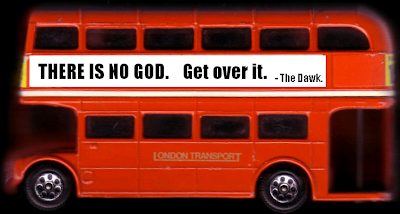I present an excerpt from my upcoming work: A Field Guide to the Tribes of the Left Hemisphere:

[images from here, here, here, here, and here]





In our own country today, despite the recent credit squeeze, our citizens have never been so wealthy. High-def TVs fly off the shelves at Tesco quicker than they can be imported. Whatever the latest technological innovation, most people can treat themselves to it. Eating out - a rare treat when I was a child in the ’70s - is as commonplace as going shopping. And when we do go shopping, whether for groceries or for clothes, we spend money in quantities that would have made our parents gasp.This is a point I always raise when people suggest "this country is going to the dogs!" How exactly is it?
I know it’s only the Mail, but for the record, I absolutely was not telling people to cheer up. I was simply asking why people in the current generation - even those who aren’t suffering as much from the current economic slowdown - aren’t as happy as our parents’ generation. Am I being too optimistic in expecting a grown-up debate about this?Apparently he is. I am incredibly fortunate to be living in the UK at this time in history. I'd say being middle-class in the UK is probably amongst the top five best possible states for a person to exist in all history.

Remodeling an old farmhouse two years ago and replacing its sash windows, I discovered the current state of window technology. A standard Andersen window, factory-made exactly to the dimensions you want, has superb insulation qualities; superb hinges, crank, and lock; a flick-in, flick-out screen; and it looks great. The same goes for the new kinds of doors, kitchen cabinetry, and even furniture feet that are available — all drastically improved.
The message finally got through. Good old stuff sucks. Sticking with the fine old whatevers is like wearing 100% cotton in the mountains; it's just stupid.
Give me 100% not-cotton clothing, genetically modified food (from a farmers' market, preferably), this-year's laptop, cutting-edge dentistry and drugs.





"In the age of computers, maths beyond simple and applied arithmetic is needed only by specialists. Ramming it down pupils' throats in case they may one day need it is like making us all know how to recalibrate a carburettor on the offchance that we might become racing drivers. Maths is a "skill to a purpose", and we would should ponder the purpose before overselling the skill."
Riiiight. So a journalist thinks that in the age of computers complex maths is needed only by specialists.
"Innovation and progress come from embracing markets and encouraging entrepreneurs. The world is more competitive than ever; we cannot rely on old industries and the state to maintain our standard of living."
I happen to agree with this. When commentators go on about how awful the credit crunch is and how evil all these userous capitalists are in dragging us into this mess they always fall foul of the fact that they do not have a coherent alternative strategy."Markets are naturally dynamic, whereas governments resist change and fresh thinking. According to the Global Entrepreneurship Monitor, overall early-stage entrepreneur activity in Britain involves about 5.6 per cent of the population, a much lower rate than in the US, Brazil or China."
An Entrepreneur
"A slowdown in the economy and rising unemployment might just stimulate more to start their own business as an alternative. This would be the silver lining of the credit crunch cloud."
Although the UK is not openly hostile towards entrepreneurs, they are not afforded the same respect as accountants, physicians, architects, or academics. Johnson describes entrepreneurism as just as much a calling as these respected professions but (partly because of our confused and irritating emphasis on class) in the UK "entrepreneur" is not listed on the job sheet.